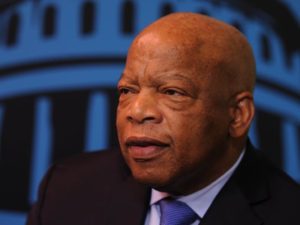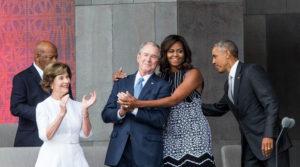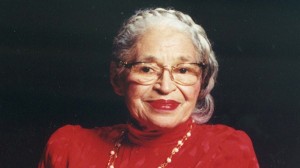I’ll admit that the irony of this got past me initially.
Then I read a piece from the Los Angeles Times: Donald Trump’s idiotic tweet about U.S. Rep./civil rights legend John Lewis is rife with irony because of its timing.
We’re entering the weekend in which we’re going to celebrate the birth of the great Martin Luther King Jr. — with whom Rep. Lewis marched during the height of the civil rights movement. Trump took the opportunity on this, of all weekends, to ridicule John Lewis as an “all talk, no action” kind of guy.
Lewis, in remarks to be broadcast Sunday, said he doesn’t consider Trump to be a “legitimate president.” He is deeply concerned about alleged Russian influence on the 2016 presidential election. I share his concern, but I do not consider Trump’s presidency to be illegitimate.
Still, Trump’s moronic response illustrates the utter tone deafness of the president-elect — who built his political career by perpetuating the myth that sought to delegitimize Barack Obama’s presidency by alleging he was born in a foreign land and, thus, was unable to serve as the nation’s first African-American president.
As the LA Times’ Cathleen Decker writes: “John Lewis is an icon of the civil rights movement who is fearless in the pursuit of justice and equality,” said Sen. Kamala Harris, the California Democrat. “He deserves better than this.”
https://highplainsblogger.com/2015/03/rep-lewis-still-stands-tall/


